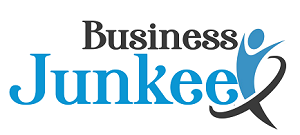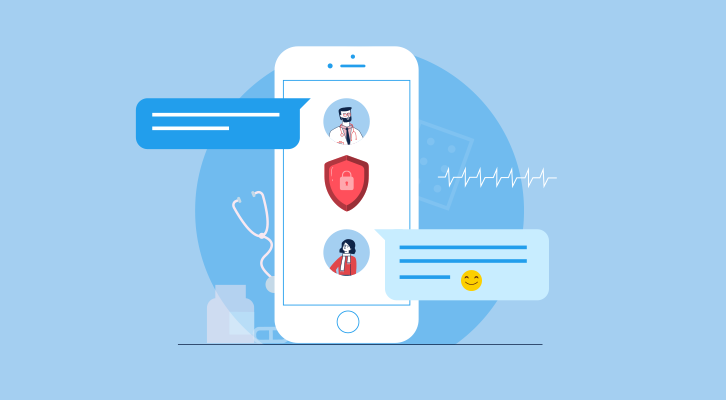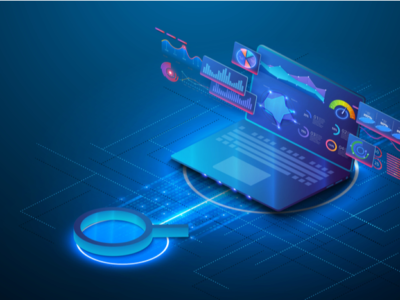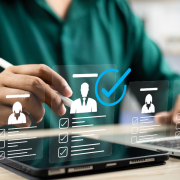Encryption converts information into a code only to be deciphered by authorized parties. In end-to-end encryption, the sender and the intended recipient read the messages in messaging apps. Even if the messages are intercepted during transmission, they remain the encryption key. This level of security is essential in healthcare, where strict privacy laws and regulations protect patient information.
Encrypted messaging in healthcare
Implementing encrypted messaging apps in healthcare offers numerous benefits for both providers and patients:
- Enhanced privacy and security– Encrypted messaging ensures that patient information remains confidential, reducing the risk of data breaches and unauthorized access.
- Improved communication efficiency– Messaging apps allow quick and convenient communication between healthcare providers and patients, streamlining workflows and reducing response times have a peek at these guys.
- Increased patient engagement– Patients easily communicate with their healthcare providers, ask questions, and receive timely updates, fostering better patient engagement and satisfaction.
- Reduced costs– By leveraging secure messaging, healthcare organizations reduce reliance on traditional communication methods, such as phone calls and faxes, leading to cost savings.
- Better care coordination– Encrypted messaging facilitates seamless collaboration among healthcare teams, enabling more effective care coordination and improving patient outcomes.
Addressing concerns and challenges
While encrypted messaging apps offer significant benefits, healthcare organizations must also address potential concerns and challenges:
- User adoption and training– Ensuring widespread adoption of the messaging app among healthcare staff and patients may require training and support.
- Integration with existing systems– The messaging app should integrate seamlessly with the organization’s electronic health record (EHR) system and other healthcare IT infrastructure.
- Compliance and legal considerations– Organizations must ensure that the use of encrypted messaging aligns with HIPAA regulations and other applicable laws governing patient privacy.
- Device security– Healthcare providers and patients must be educated on best practices for securing their devices, such as using strong passwords and enabling remote wipe capabilities in case of loss or theft.
Secure solution for healthcare messaging
One example of an encrypted messaging app designed explicitly for healthcare is Privatenoter. Privatenoter offers end-to-end encryption, HIPAA compliance, and a range of features tailored to the needs of healthcare organizations. Privatenoter helps healthcare providers protect patient privacy while enhancing care delivery by providing a secure and user-friendly communication platform.
As the healthcare industry continues to evolve in the digital age, embracing encrypted messaging apps is no longer an option but a necessity. By prioritizing patient privacy and leveraging secure communication tools like Privatenoter, healthcare organizations navigate the challenges of the digital landscape while delivering high-quality, patient-centred care. The future of healthcare communication lies in the adoption of robust encryption technologies that empower providers and patients alike to communicate with confidence and peace of mind.












Comments